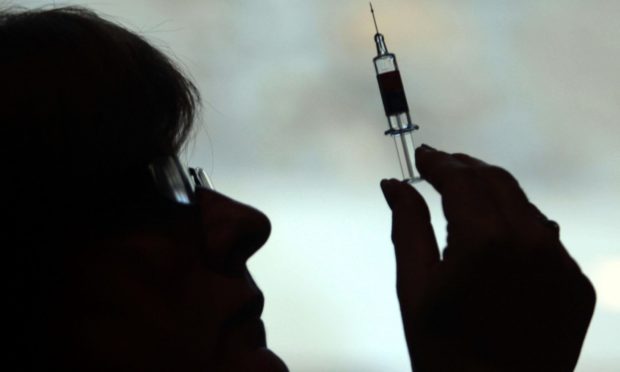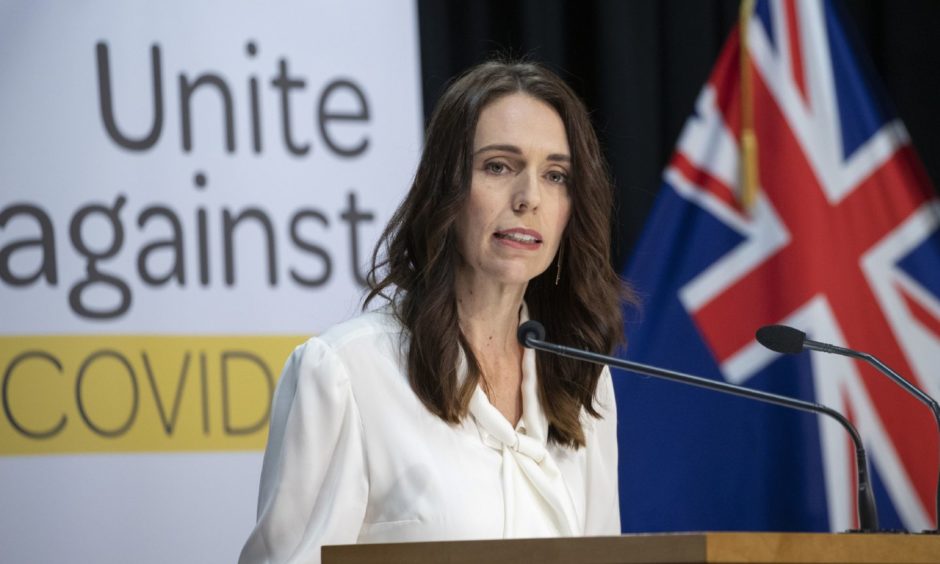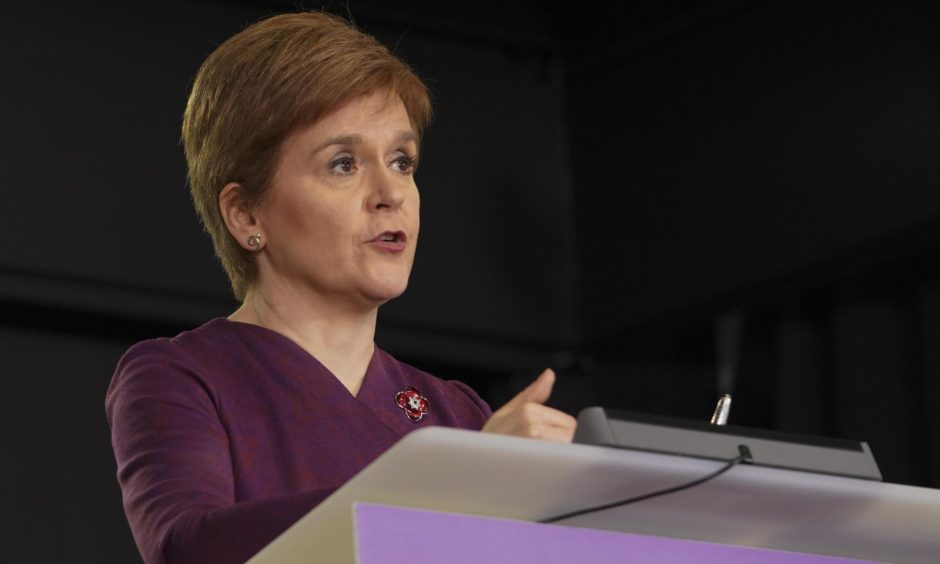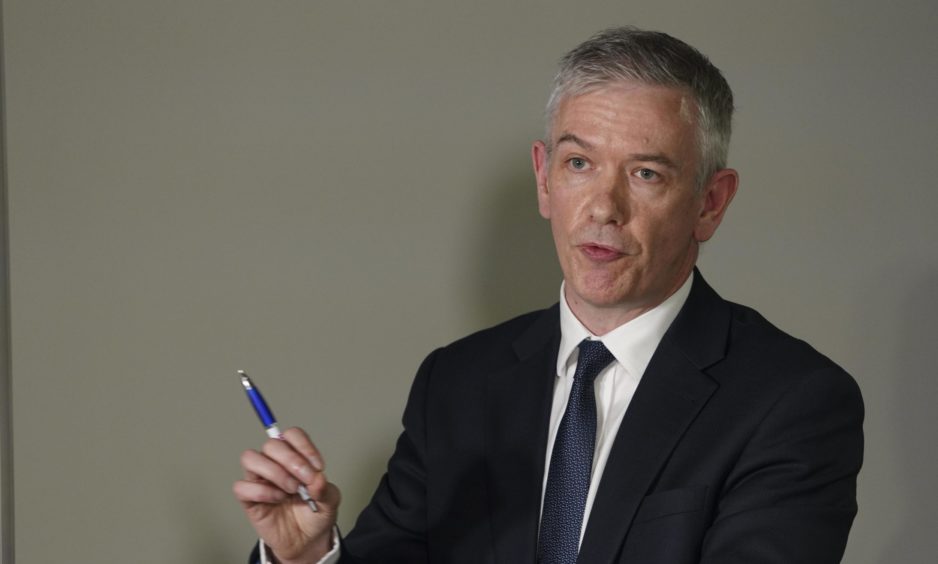Figures from Australia and New Zealand suggest this year’s flu season may not be as severe as first feared.
Scotland’s chief medical officer, Dr Gregor Smith, said he was “touching wood” as he noted southern hemisphere influenza cases had been “remarkably quiet”.
As the country prepares to hunker down for winter, all eligible patients are being encouraged to take up the offer of the flu vaccine.
Dr Smith and First Minister Nicola Sturgeon said although the figures south of the equator were “less severe”, the influenza virus is still incredibly unpredictable and nothing is being left to chance.
Flu rates in New Zealand, Australia and South Africa have hit record lows, according to the World Health Organisation.
New Zealand has been celebrated for near-eradication of the coronavirus from its islands.
No joint testing
Symptoms of the coronavirus can be similar to those of flu. Despite this, there are no plans in place to test for both in symptomatic patients, although developing a “dual” examination might happen in the future, Dr Smith added.
Ms Sturgeon suggested flu outbreaks might be less severe in Australia and New Zealand because of the measures already in place to hinder the spread of Covid-19.
She said: “We are expecting to see more people come forward with suspected Covid symptoms that might turn out to be flu.
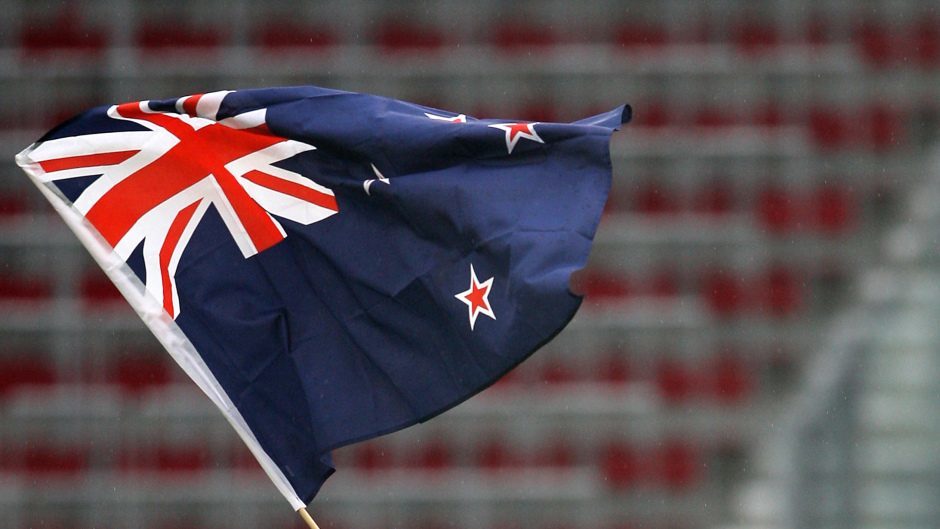
“Some of the earlier evidence we have had from the southern hemisphere is that the flu season has been less severe, perhaps because of the precautions people are taking for Covid.
“We have the flu vaccination programme well under way and clinicians will continue to make judgements when they will test for the flu.”
Flu cases expected to rise in December
Doctors and health care workers in Scotland have a number of “flu trackers” at their disposal.
Dr Smith said: “We have very good surveillance mechanisms across Scotland for tracking the onset of flu season, it is very sophisticated and relies on data, spotter practices and community teams in hospitals as well.
“Cases of flu tend to rise in December and peak in January and February. This year we will be keeping an especially close eye on that and clinicians will make decisions based on clinical presentations as to how they inform strategy for individuals presenting with the virus.
“There is some interesting technology we are looking at down the line, which will enable us to do dual tests, but it will be some point in time before that’s a consideration for us.
“When we look at the experience globally, particularly in the southern hemisphere, it has been a remarkably quiet flu season but flu is very unpredictable and we will continue to be vigilant.
“The measures we have to control the spread of Covid-19 will have an impact on the introduction of flu.
“We will remain vigilant and will continue to make sure we keep an eye out for any increase in cases. Clinicians on the ground will be the ones making decisions on how they should test as people present to them.”
